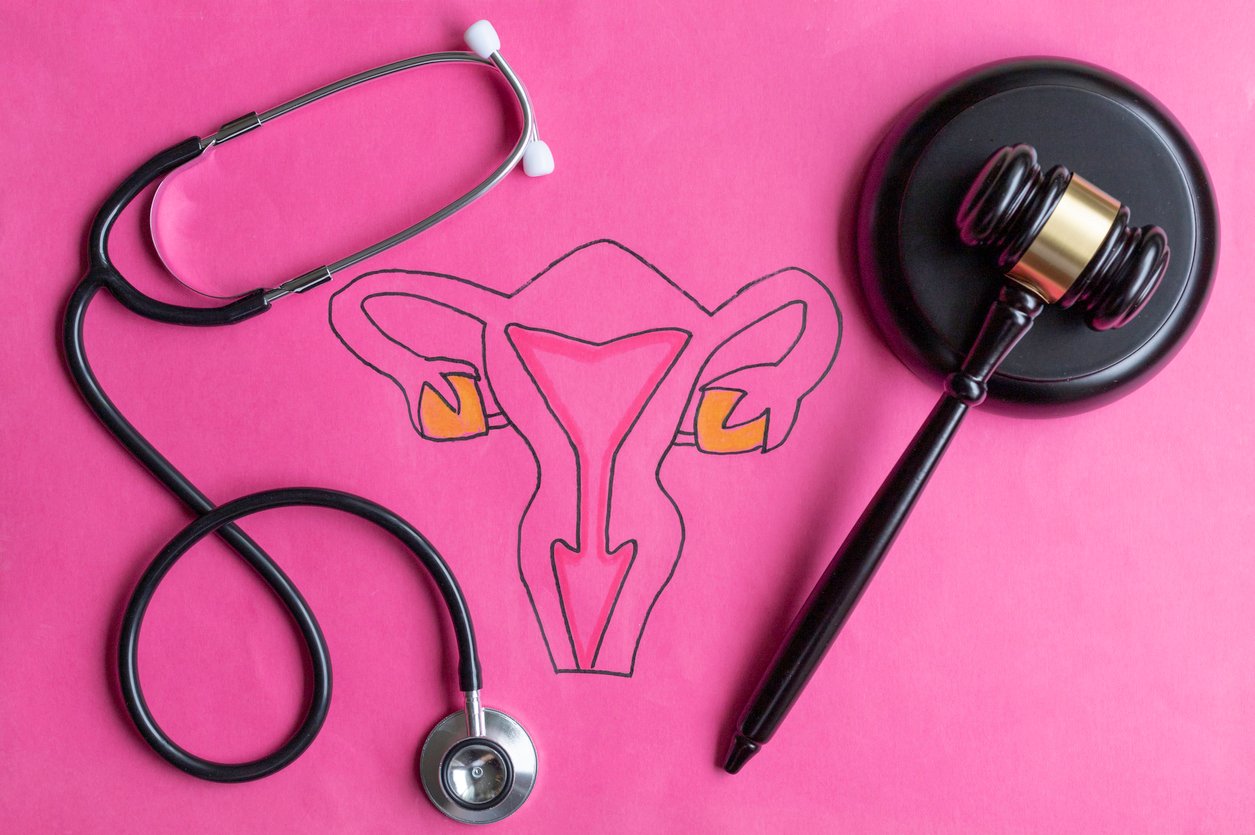Post-Roe: Caring for Patients in a Trigger Ban State
Post-Roe: Caring for Patients in a Trigger Ban State
Sept. 9, 2022
On June 24, 2022, the United States Supreme Court overturned the landmark decision Roe v. Wade, a legal precedent protecting a citizen's constitutional right to abortion. The highly politicized decision comes with significant consequences for those of us in health care – especially in states with abortion trigger bans. EMRA*Cast Host Shreyans Sanghvi, DO, joins EM Resident Editor-in-Chief Jessica Adkins Murphy, MD, (@DrAdkinsMurphy) to explore this deeply personal, subjective, and contentious topic.
Host
Shreyans Sanghvi, DO
Fellow, medical education
UTHealth Houston McGovern Medical School
EMRA*Cast Episodes
On June 24, 2022, the United States Supreme Court overturned the landmark decision Roe v. Wade, a legal precedent protecting a citizen’s constitutional right to abortion. The highly politicized decision comes with significant consequence for those of us in health care – especially in states with abortion trigger bans. EMRA*Cast Host Shreyans Sanghvi, DO, joins EM Resident Editor-in-Chief Jessica Adkins Murphy, MD, (@DrAdkinsMurphy) to explore this deeply personal, subjective, and contentious topic.
Overview
On June 24, 2022, the United States Supreme Court overturned the landmark decision Roe v. Wade, a legal precedent protecting a citizen's constitutional right to abortion. The highly politicized decision comes with significant consequences for those of us in health care – especially in states with abortion trigger bans.
Affecting not only pregnant patients, their families, and communities alike, this decision has also trespassed on the foundation of evidence-based reproductive health care. And, unlike many of the other decisions we make every day in our clinical practice of medicine, this clinical decision may often intersect with and challenge both our and our patients' faith, backgrounds, societal circumstances, and more.
EMRA*Cast Host Shreyans Sanghvi, DO, joins EM Resident Editor-in-Chief Jessica Adkins Murphy, MD, (@DrAdkinsMurphy) to explore this deeply personal, subjective, and contentious topic.
Further Reading
- Koyama A, Paulk L, Quinley K, Zahedi-Sping L. The Emergency Department After the Fall of Roe: Are You Prepared? ACEP Now. June 24, 2022.
- Emergency Medicine Residents’ Association. Statement on the Overturning of Roe v. Wade. June 24, 2022.
- ACEP Policy Statement: Interference in the Physician-Patient Relationship. June 24, 2022.
- ACEP Regs & Eggs. Special Edition: EMTALA Requirements Remain Fully in Effect in the Post Roe v. Wade World. June 28, 2022.
- CMS Center for Clinical Standards and Quality. Reinforcement of EMTALA Obligations Specific to Patients Who Are Pregnant or Experiencing Pregnancy Loss. July 11, 2022.
References
- Hoyert DL. Maternal Mortality Rates in the United States, 2020. CDC National Center for Health Statistics. Feb. 23, 2022.
- Hoyert DL. Health E-Stats: Maternal Mortality Rates in the United States, 2020. CDC National Center for Health Statistics. Feb. 23, 2022.
- Tikkanen R, Gunja MZ, FitzGerald M, Zephyrin L. Maternal Mortality and Maternity Care in the United States Compared to 10 Other Developed Countries. The Commonwealth Fund. Nov. 18, 2020.
- Melillo G. US Ranks Worst in Maternal Care, Mortality Compared with 10 Other Developed Nations. AJMC: The Center for Biosimilars. Dec. 3, 2020.
- Treisman R. States with the toughest abortion laws have the weakest maternal supports, data shows. NPR. Aug. 18, 2022.





